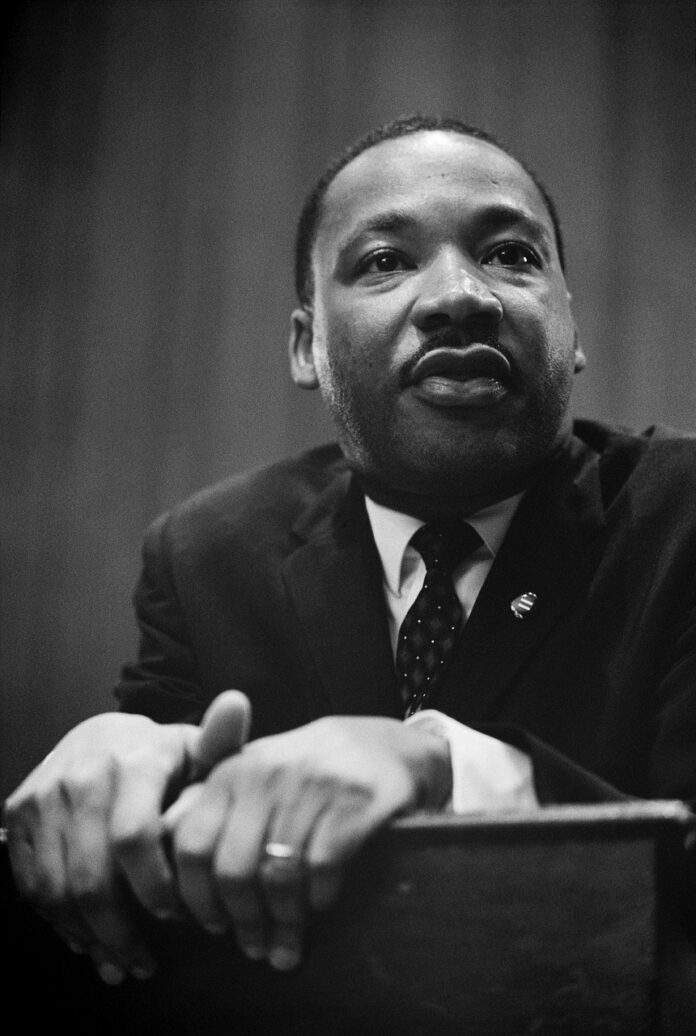Martin Luther King Jr. Day, celebrated on the third Monday of January, is a significant date in the American calendar that commemorates the life and achievements of Dr. Martin Luther King Jr., a central figure in the struggle for civil rights. This day is not just a pause in the usual routine; it’s a moment to engage with Dr. King’s enduring legacy in advocating for racial equality and social justice.
Born on January 15, 1929, Dr. King emerged as a key leader in the Civil Rights Movement during the mid-20th century. He championed the philosophy of nonviolence, inspired by his Christian faith and the peaceful resistance modeled by Mahatma Gandhi. Dr. King’s role was pivotal in several landmark events, including the Montgomery Bus Boycott and the historic March on Washington, where he delivered the seminal “I Have a Dream” speech.
Through his eloquent advocacy and peaceful protests, Dr. King played a critical role in the enactment of crucial legislation such as the Civil Rights Act of 1964 and the Voting Rights Act of 1965. These laws were instrumental in dismantling institutionalized racial segregation and discrimination in the United States.
The assassination of Dr. King on April 4, 1968, was a moment of profound loss and catalyzed further civil rights actions. In recognition of his contributions, a federal holiday was established in his honor in 1983, with the first observance taking place in 1986.
Martin Luther King Jr. Day is more than a retrospective occasion; it’s a day for proactive engagement in the values Dr. King espoused. The day is marked by various activities such as educational events, community service, and discussions focused on themes of equality, justice, and nonviolent change. It serves as a potent reminder of the ongoing struggle against racial discrimination and the importance of striving for a more equitable society.
This holiday encapsulates not just the story of Dr. King but also the collective efforts of all who have worked toward civil rights. It’s an opportunity to reflect on the progress made in racial equality and to contemplate the journey ahead. The day encourages conversations about race, justice, and the need for continued advocacy in these areas.
Honoring Martin Luther King Jr. Day is a tribute to a man who stood resolutely for fairness, peace, and the belief in a society where individuals are assessed on their character and not their skin color. Remembering his impactful speeches and actions, this day renews the collective commitment to furthering his vision of an inclusive and just world.
In essence, Martin Luther King Jr. Day is a time to celebrate progress, acknowledge ongoing challenges, and recommit to the ideals of equality and justice that Dr. King so passionately advocated.







